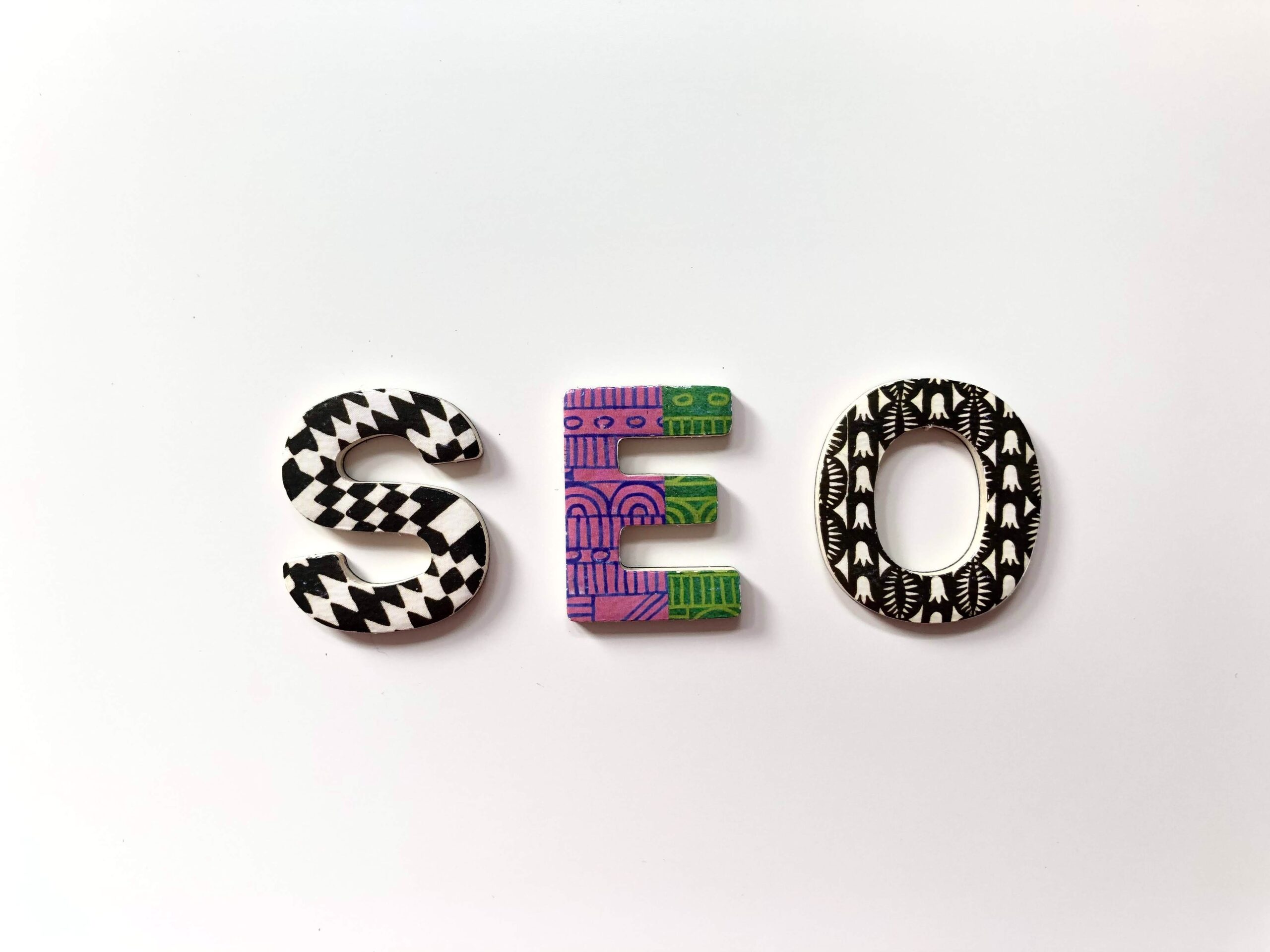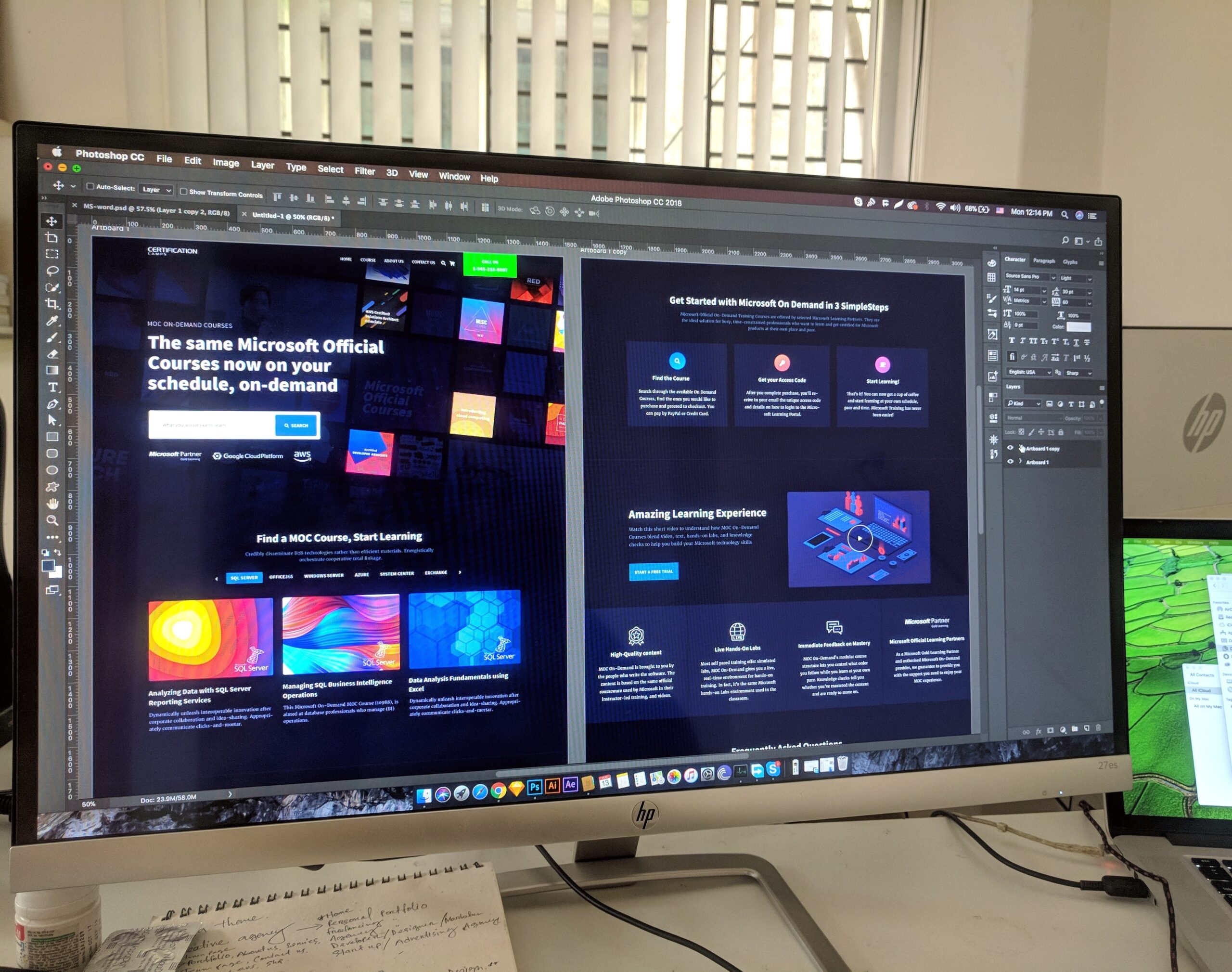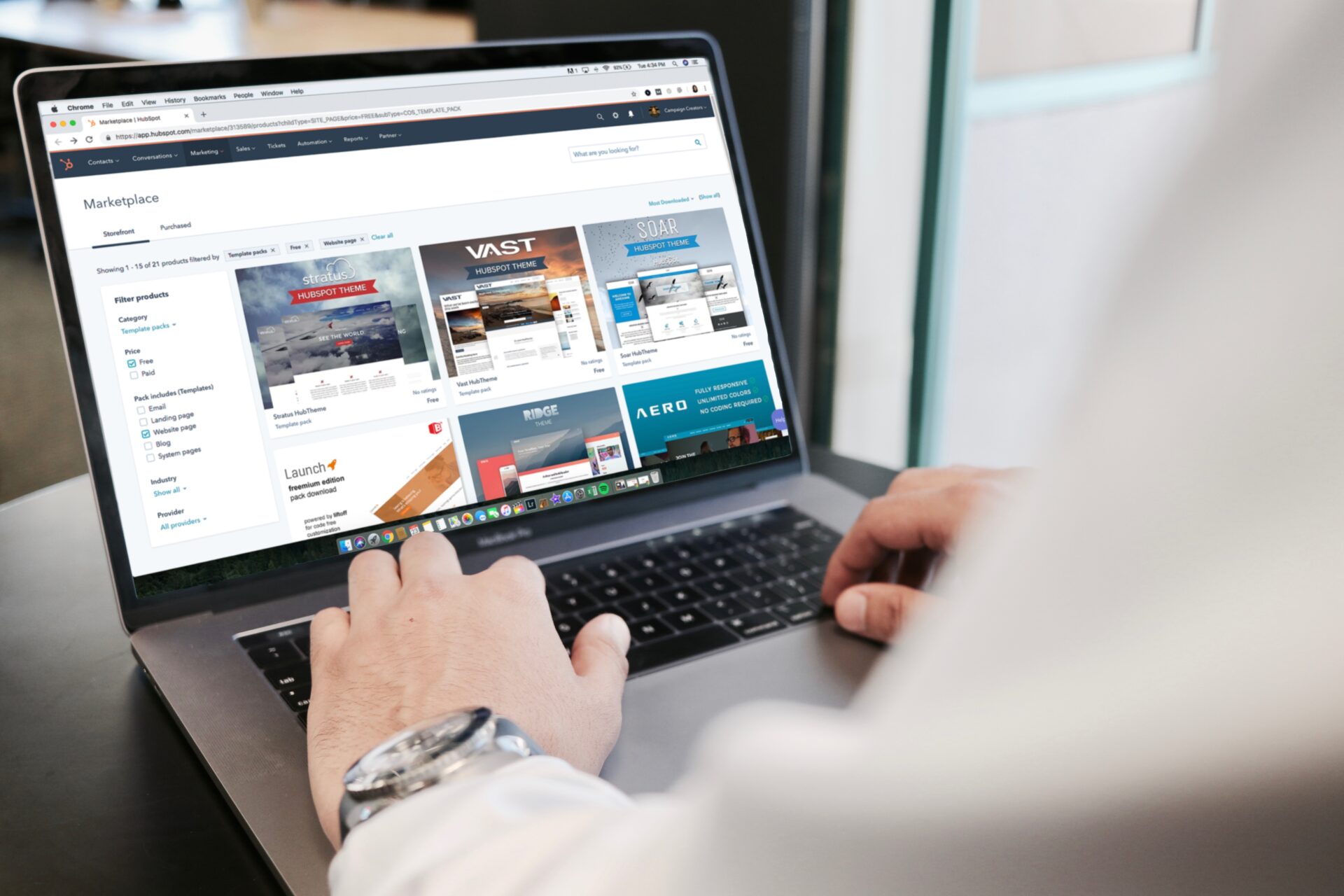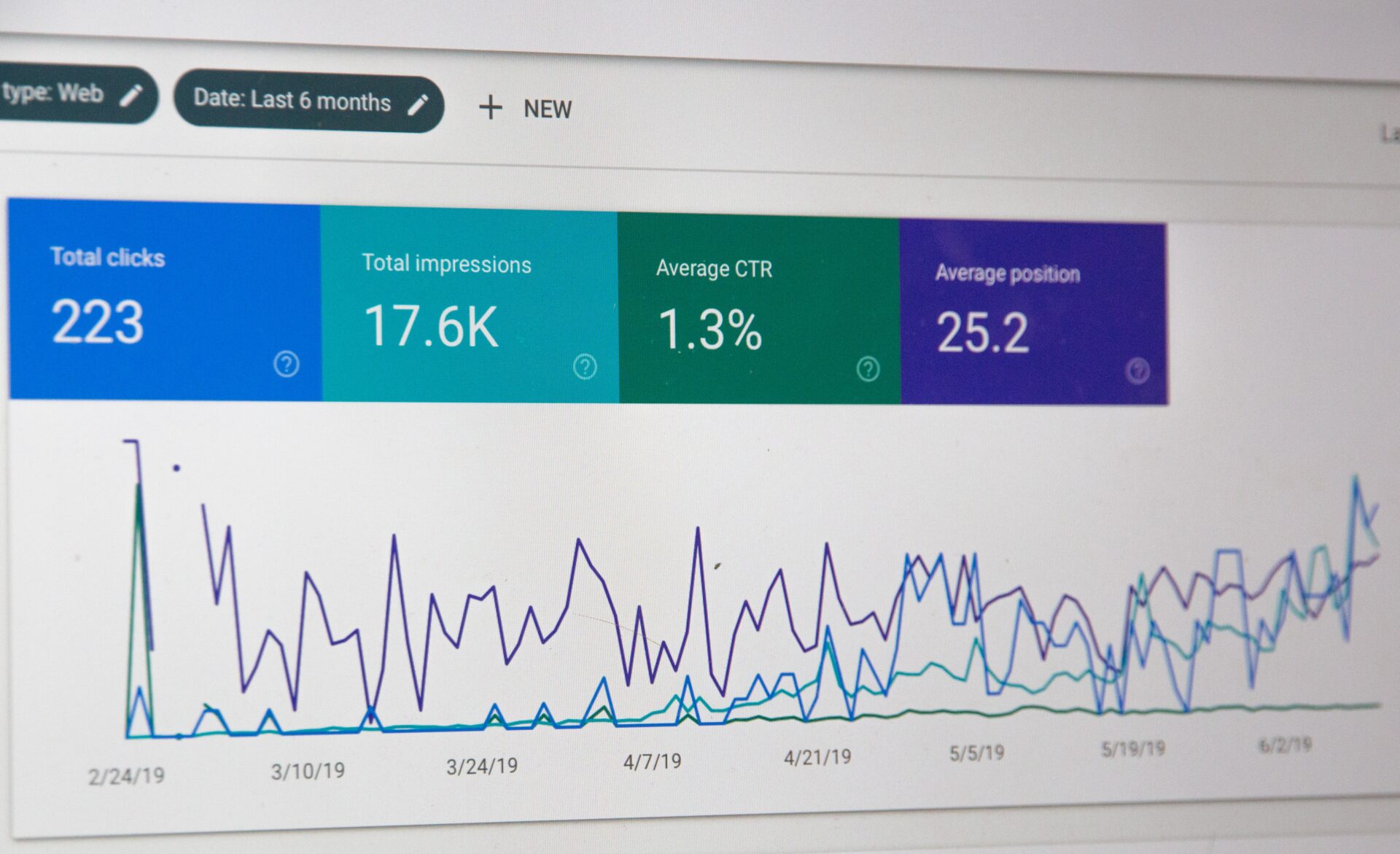Introduction
Welcome to our comprehensive guide on on-page SEO best practices! In today’s digital age, small businesses need to implement effective on-page SEO strategies to improve their website’s visibility and attract more organic traffic. In this article, we will discuss key techniques and strategies that can help small businesses optimize their web pages for search engines and ultimately boost their online presence.
Keyword Research
Before diving into on-page SEO techniques, it’s crucial to conduct thorough keyword research. Keywords are the foundation of SEO, and identifying the right keywords for your small business can significantly impact your website’s visibility. Start by searching for short tail keywords, long tail keywords, LSI keywords, and NLP keywords relevant to your business and target audience.
Title Tags
Title tags play a crucial role in on-page SEO. They are the clickable headlines that appear in search engine results pages (SERPs) and web browsers. To optimize your title tags, make sure to include your target keywords, keep them concise, and write them in an engaging and descriptive manner. A compelling title tag can entice users to click on your website and improve your click-through rate.
Meta Description
The meta description is a brief summary of your web page’s content. Although it’s not a direct ranking factor, a well-crafted meta description can influence click-through rates. Include your target keywords naturally within the meta description and make it compelling to encourage users to visit your website. Keep it concise, around 150-160 characters, and don’t forget to add a call-to-action to entice users further.
URL Structure
A clean and user-friendly URL structure is essential for both search engines and users. Optimize your URLs by including relevant keywords, separating words with hyphens, and keeping them concise. Avoid using long strings of numbers or special characters in your URLs, as they can confuse both users and search engines.
Header Tags
Header tags, such as H1, H2, H3, etc., help structure your web page’s content and provide search engines with important contextual information. Use header tags to divide your content into logical sections, and include relevant keywords in the headings. This improves readability and signals to search engines the main topics covered on your page.
Keyword Density
Keyword density refers to the percentage of times a keyword appears within a piece of content compared to the total word count. While there is no specific keyword density threshold, it’s essential to use keywords naturally and avoid keyword stuffing. Focus on creating high-quality, informative content that naturally incorporates your target keywords.
Image Optimization
Images can enhance the visual appeal of your web pages, but they also need to be optimized for search engines. Use descriptive file names and alt tags that include relevant keywords to help search engines understand the content of your images. Additionally, compress your images to reduce file sizes and improve page loading speed, which is a crucial ranking factor.
Internal Linking
Internal linking is the practice of linking to other pages within your website. This helps search engines discover and navigate your site more effectively, while also providing users with additional relevant content. When implementing internal links, use descriptive anchor text that includes relevant keywords. This improves the user experience and helps search engines understand the context of the linked pages.
User Experience
User experience (UX) plays a significant role in on-page SEO. Search engines prioritize websites that offer a seamless and intuitive user experience. Ensure your website is mobile-friendly, has fast loading times, and provides easy navigation. Engage users with high-quality content, clear call-to-action buttons, and visually appealing design. A positive user experience will increase your website’s visibility and encourage visitors to stay longer on your site.
Mobile Optimization
In today’s mobile-dominated world, mobile optimization is crucial for on-page SEO. More and more users access the internet through their smartphones, so your website must be responsive and mobile-friendly. Optimize your website’s design and layout for different screen sizes, ensure fast loading times on mobile devices, and prioritize mobile usability for a seamless browsing experience.
Social Sharing
Social sharing has become an integral part of online marketing. Make it easy for users to share your content on social media platforms by adding social sharing buttons to your web pages. When your content gets shared and engaged with on social media, it can increase your website’s visibility and attract more organic traffic. Encourage users to share your content by creating valuable and share-worthy posts.
Schema Markup
Schema markup is a structured data vocabulary that helps search engines understand the content of your web pages better. By implementing schema markup, you can provide search engines with specific information about your business, products, services, and more. This can result in enhanced search engine listings, known as rich snippets, which can improve your website’s visibility and attract more clicks.
Conclusion
Implementing on-page SEO best practices is crucial for small businesses looking to improve their website’s visibility. By conducting thorough keyword research, optimizing title tags, meta descriptions, URLs, and header tags, creating high-quality content, and prioritizing user experience and mobile optimization, small businesses can effectively boost their online presence and attract more organic traffic. Remember, SEO is an ongoing process, so regularly monitor, analyse, and refine your on-page SEO strategies to stay ahead of the competition.
FAQs
Q: What is the importance of on-page SEO for small businesses?
A: On-page SEO is essential for small businesses, as it helps improve their website’s visibility in search engine results. By implementing on-page SEO techniques and strategies, small businesses can attract more organic traffic, increase their online presence, and ultimately grow their customer base.
Q: How does keyword research impact on-page SEO?
A: Keyword research is the foundation of on-page SEO. By identifying relevant keywords for your business and target audience, you can optimize your web pages to align with user search intent. Incorporating these keywords naturally throughout your content, title tags, meta descriptions, and headers helps search engines understand the relevance of your web pages to specific search queries.
Q: What is the recommended keyword density for on-page SEO?
A: There is no specific keyword density threshold for on-page SEO. Instead of focusing on a specific percentage, it’s more important to create high-quality, informative content that naturally incorporates relevant keywords. Keyword stuffing should be avoided, as it can negatively impact user experience and search engine rankings.
Q: How can internal linking benefit on-page SEO?
A: Internal linking helps search engines discover and navigate your website more effectively. By linking to other relevant pages within your site using descriptive anchor text, you provide search engines with additional context and signal the importance of the linked pages. This can improve your website’s visibility and enhance the user experience by guiding visitors to relevant content.
Q: What role does user experience play in on-page SEO?
A: User experience (UX) is a crucial factor in on-page SEO. Search engines prioritize websites that offer a seamless and intuitive user experience. By ensuring your website is mobile-friendly, has fast loading times, provides easy navigation, engages users with high-quality content, and offers clear call-to-action buttons. You improve your search engine rankings and encourage visitors to stay longer on your site and convert into customers.
Contact 974digital.com today. Qatar’s number one web design agency.
“`








